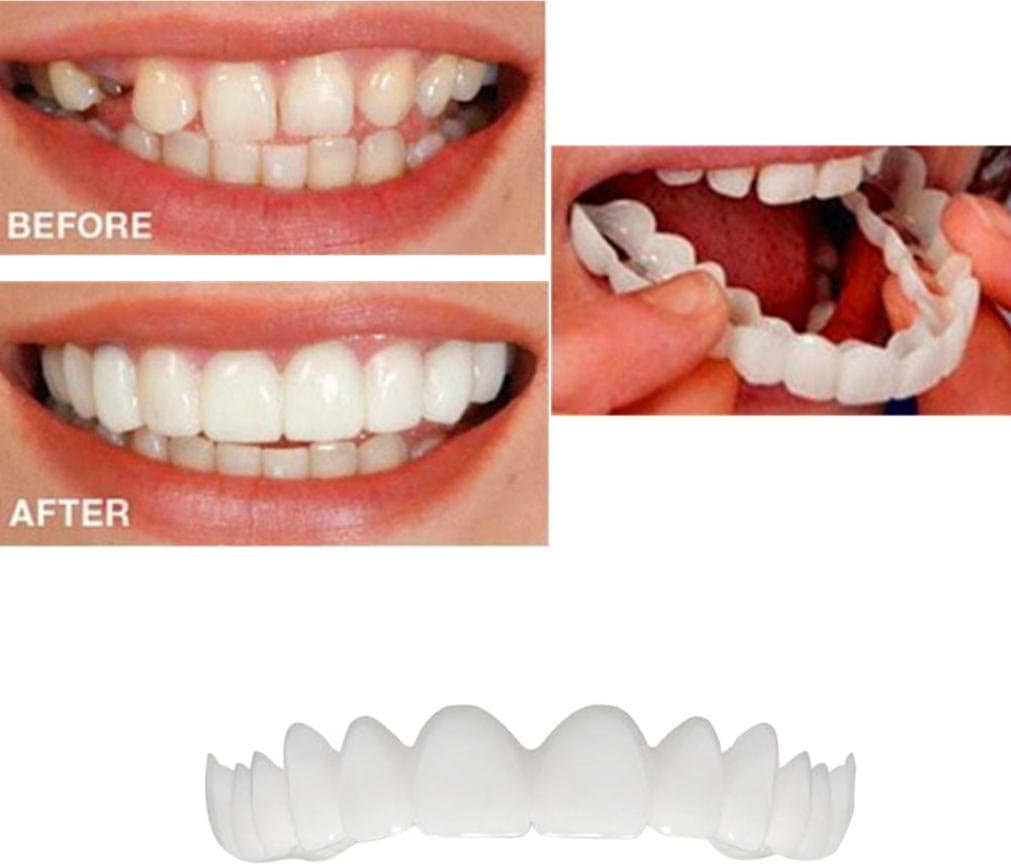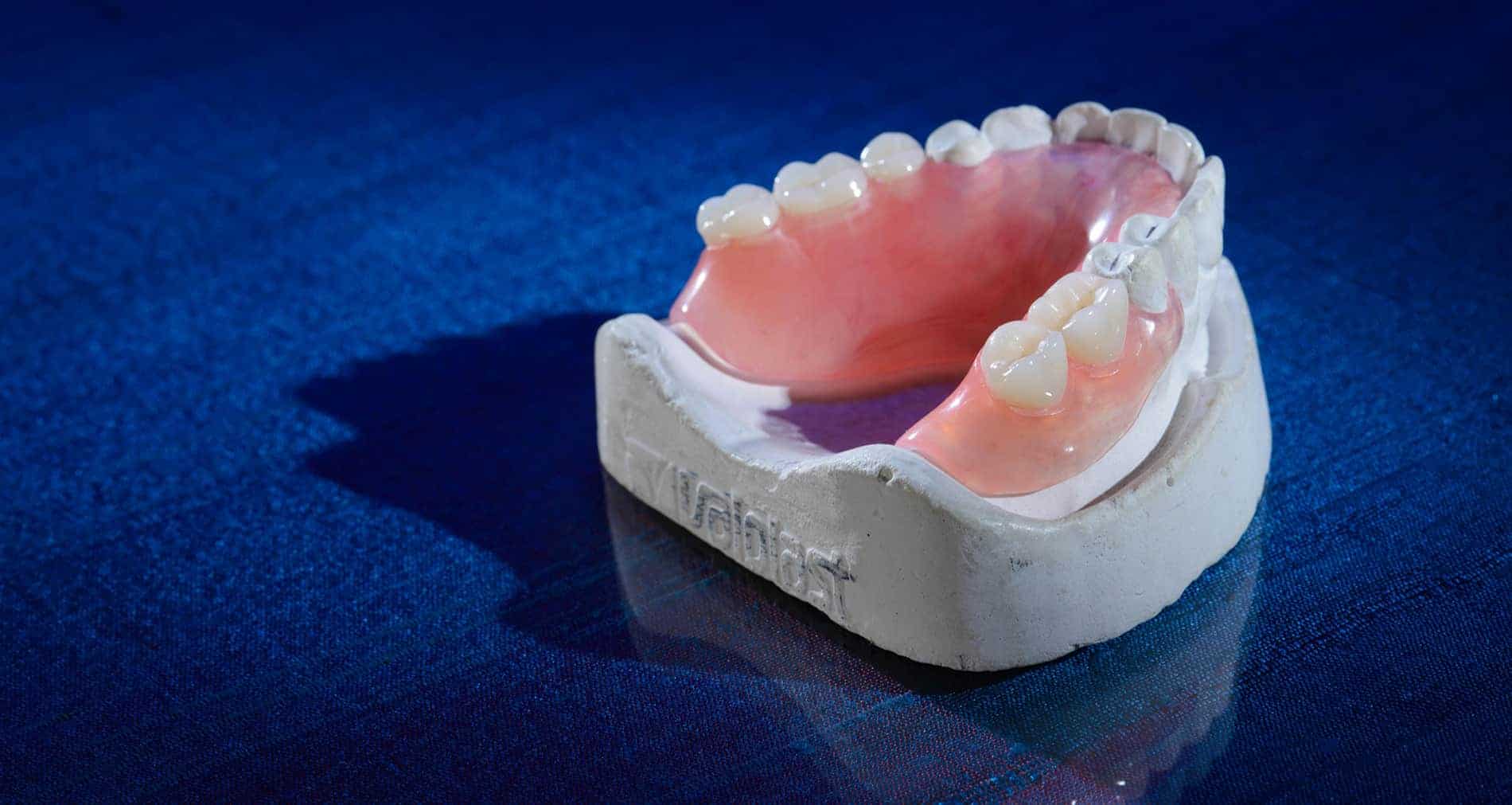Flexible dentures have evolved in their form of manufacture and now present numerous advantages to consider. These are removable devices capable of adapting beautifully to the mouth, they are made of Nylon, so they keep a lot of elasticity.
In addition, they are very comfortable and much more imperceptible than traditional dentures.
- Since it is not possible to make fixed dental prostheses or bridges (long sections without teeth)
- When there are NO molars in the back (used as pillars)
- While waiting for the integration of some dental implants (as temporary dentures)
- In patients with very few teeth present.
- To preserve the natural shape of the jawbones while opting for another option.
- People with irregular anatomy of the structures of the mouth (FPs are better adapted)
Characteristics of the flexible dentures
These dental prostheses, unlike the rest, do not use metal hooks or acrylic pieces, or some combination of both, but are made of a special resin based on nylon or a thermoplastic polymer that is very flexible and almost invisible.
In addition, the secret of their placement is in the “funnel or pacifier” shaped fixation, created on the gums, so they can be used in some patients with dental diseases, since they do not depend on a tooth to be fixed.
These prostheses can be customized, but the material itself is translucent, so that – when placed on the gums – it gives a natural appearance, passing almost imperceptible.
Another important feature is that, as there are no metal pieces, those horrible silvery edges will not be seen when corrosion starts to affect the ceramic.
Advantages of Flexible dentures
Are Hypoallergenic
The biggest problem with dentures is that they usually have metal parts that end up causing allergies in some people. In these cases, these prostheses avoid unnecessary irritations or painful adaptation periods; likewise, the immediate expense of placing titanium dental implants is avoided.
Very aesthetic
Aesthetics is another important advantage as it has the ability to completely camouflage itself in your mouth. As they are made of nylon, they are almost transparent dental prostheses, so they blend in well with the rest of the cavity. Remember that the only thing you will see underneath will be your gums; likewise, thanks to that same translucent capacity, they can adapt to the color of your palate.
Great comfort
Due to their thermoplastic structure and because they are made of a Nylon-based resin, they are very flexible and light, so they are really comfortable inside the mouth. In addition, it is possible to use it when there are still few teeth left and without causing much pressure on the residual teeth, making them comfortable in this situation.
Undeformable
Oral fluids do not alter the shape of the dentures, so they will not deteriorate over the years. They will not even change color or suffer stretching or loosening at any time. They are even incapable of capturing any type of specific odor.
Adequate pressure
A frequent complication of other prostheses is the effect on the abutment teeth. Because they are made of nylon, this problem does not exist with flexible dentures, so there will be no deviation of the denture at any time.
More natural
It is always better: self-appreciation is a delicate concept that we must always maintain. Looking in the mirror and seeing something abnormal is not comfortable. This type of dentures allows us to feel good, improves our self-perception and gives us more confidence.
It is not necessary to perform any preparatory grinding process on the teeth, nothing more than light touches on some support teeth, however, it will always be much less traumatic than any other dentures.
It can be used by people with significant disorders of the oral cavity, such as torus palatinus and cleft palate patients.
Disadvantages of Flexible Dentures
- It is impossible to repair prostheses once serious damage occurs to them. Unfortunately, they are pre-designed devices that cannot be altered once they are finished.
- Patients who have significant chewing power can change the position of the dentures, causing a slight displacement, which ends up causing an annoying grinding sound chewing.
- It is a high cost treatment, as it is a material used and the manufacturing technique.


